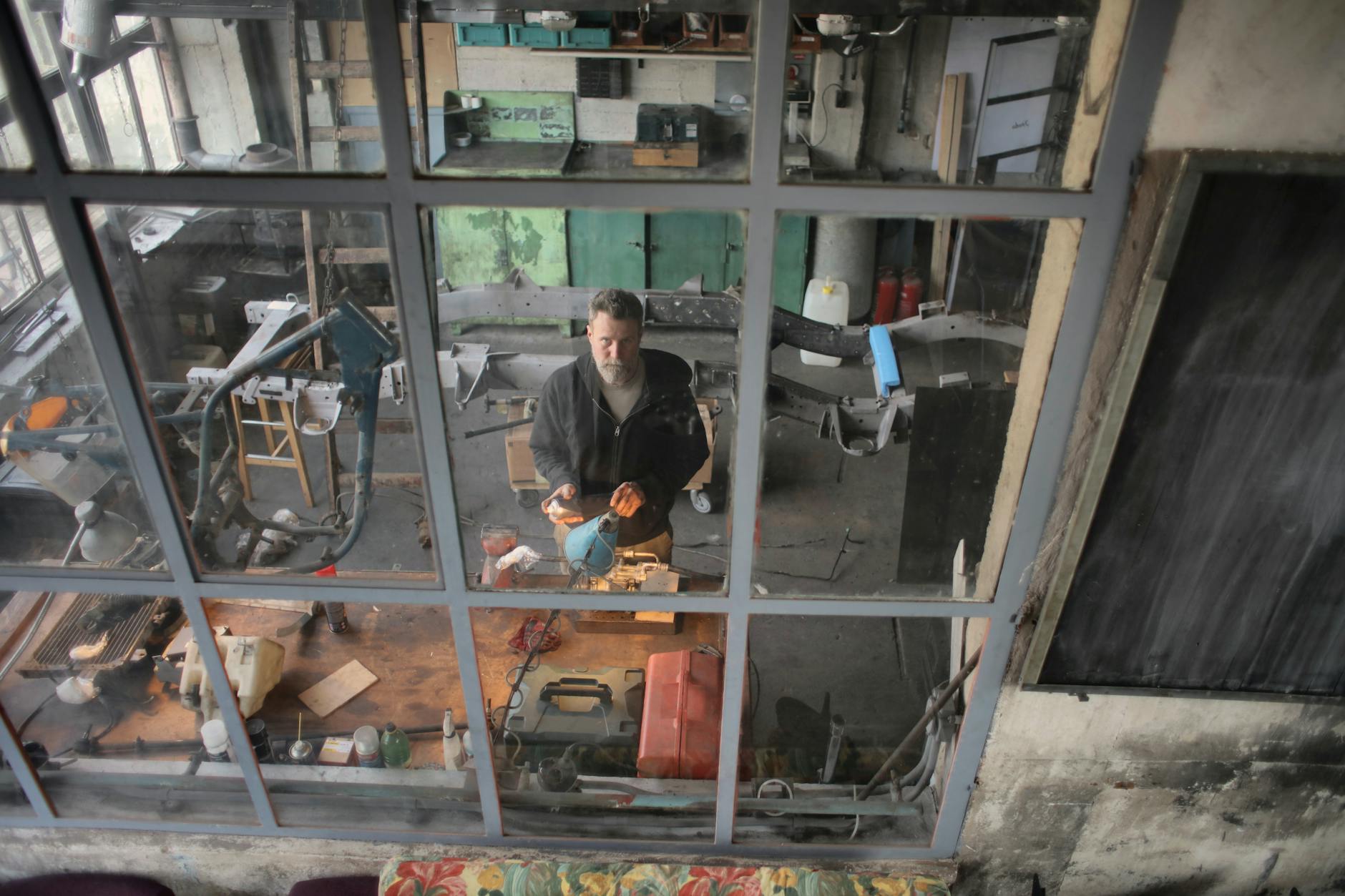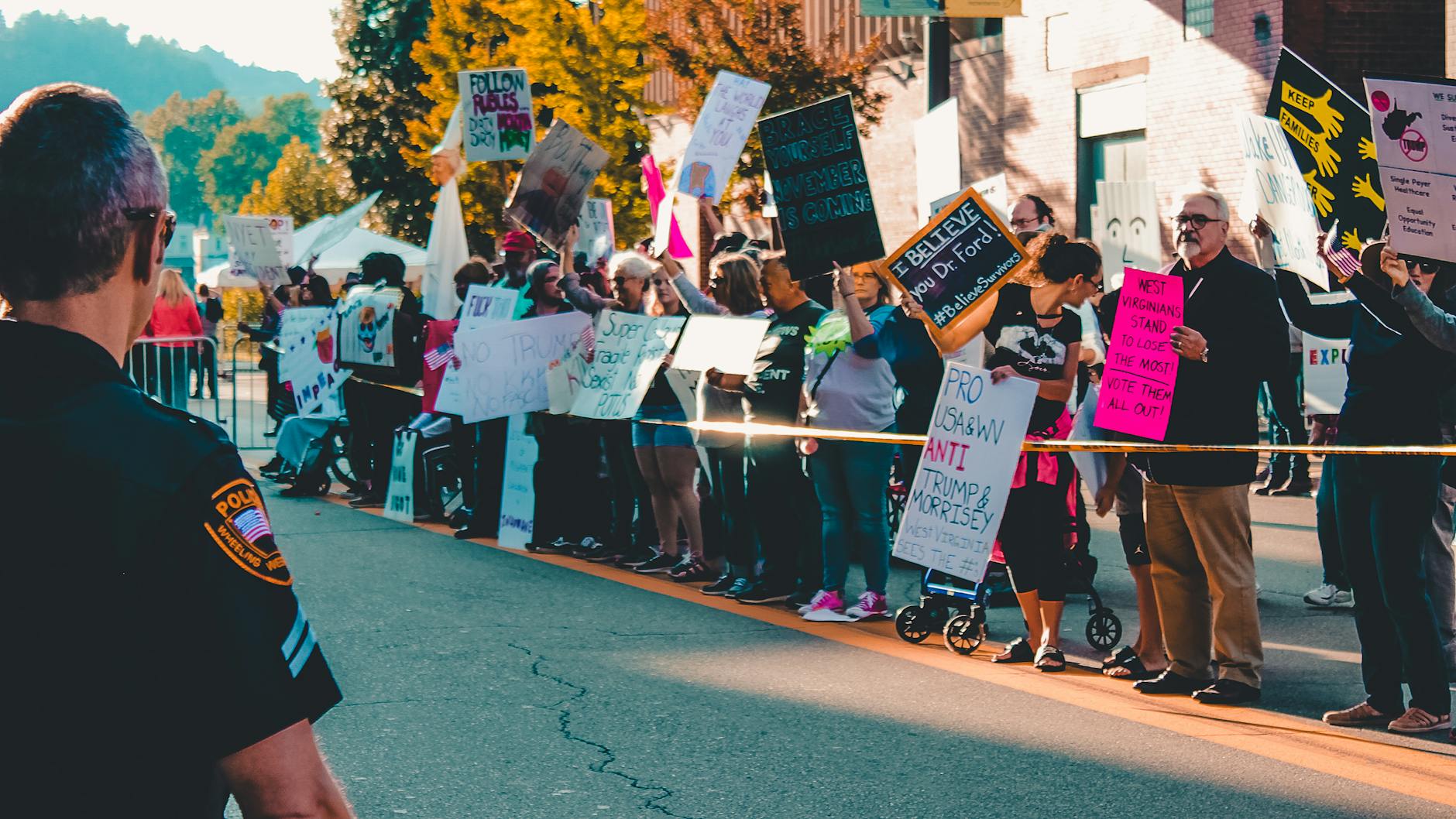How to Navigate the Complex World of Filming Permissions in Australia

Know Your Legal Requirements
Essential Permits and Licenses
As a filmmaker on a mission, I've realised the maze of permits and licenses is a critical part of my journey. Whether it’s capturing the vibrant street art in Hosier Lane or needing to film in locations like the historic Melbourne Gaol, obtaining the right permissions can be daunting. In Australia, securing the correct permits can vary depending on your location and the nature of your project, but it’s vital to cut through the complexity.
First, it's important to understand what your work entails. Are you planning a public shoot, or is it a more controlled, private setting? If, for instance, you're shooting in a busy area, council permission might be necessary. Engaging early with the local authorities can save time and effort later. They can guide on specific permits required and help outline the process, giving clarity to what can sometimes feel like a monolithic task.
Another consideration is the type of content you'll create. If your documentary involves sensitive topics or locations with security concerns, such as a visible police presence or filming near restricted areas, you might need additional clearances like a police clearance sa, police check tasmania, or police check act. This ensures that your intentions align legally and ethically with community expectations.
Location-Specific Considerations
Capturing the unique essence of Australia through film requires attention to location-specific considerations. Whether you're planning to shoot in bustling urban areas or stretching out into the serene privacy of a countryside locale, each setting has its nuances. One day, you might be inspired by the vibrant street art of Hosier Lane, then find yourself navigating the intriguing labyrinths of private properties the next. Securing these spaces for filming is not just about aesthetic appeal but also understanding legal nuances, an area where a thorough police check sa might be required.
Filming in Public Spaces
Public spaces provide a rich tapestry of authenticity, but they come with their own set of considerations. Permissions are often needed, as local councils necessitate approval to avoid disrupting public life. This is where your affinity for Melbourne's rhythm, much like its lively street corners, can guide your preparation. Key documents include permission forms and potentially a police clearance. Each form is its own story, allowing you to capture your surroundings legally and ethically.
Accessing Private Properties
The allure of shooting on private properties can be compelling, offering controlled environments free from public interruption. However, it requires negotiation with property owners, aligning schedules, and sometimes navigating sensitive circumstances. Here, personal anecdotes cast a light on this complexity. Balancing storytelling with respectful access demands attention, much like respecting the artistic integrity of the Abbotsford Convent's creative spaces.
Special Locations: Correctional Facilities
Special locations, such as correctional facilities, provoke a mixture of intrigue and caution. A film project like exploring the rehabilitation of inmates steps deeper into sensitive storytelling territory, requiring stringent legal compliance. Here, a police check plays a crucial role, often necessitated to meet state-level protocols. These checks assure authorities of your intentions and integrity, allowing your story to unfold with credibility and respect.
Securing Permissions from Individuals
Obtaining Releases for Participation
As a documentary filmmaker, one of the most intricate yet essential tasks is acquiring releases for participation from your subjects. This process is not just a matter of courtesy; it is a legal necessity that ensures individuals are aware of how their likeness and narrative will be used. When you film within creative hubs like the historic Melbourne Gaol, having these releases protects both your project and your subjects from future legal complications. It’s like capturing the vibrancy of Hosier Lane in your film—every detail matters.
Privacy and Consent Laws
Understanding privacy and consent laws in Australia can be daunting, but it's crucial for preserving the trust and integrity of your work. These laws dictate that informed consent must be acquired, meaning participants are fully aware of how their data and footage will be used. Such an approach aligns with values of authenticity and empathy, which are central to impactful storytelling. Navigating these requirements ensures that your documentary not only resonates but also respects the individuals involved.
Working with Vulnerable Populations
Collaborating with vulnerable populations requires a nuanced approach, far more complex than a casual chat over coffee. Whether it's former inmates integrating back into society or individuals from marginalised backgrounds, acquiring consent demands special attention. The process may involve additional legal safeguards, such as a national police check NSW or obtaining national police clearance, to ensure all parties are legally protected. This meticulous care is akin to capturing the tranquillity of Abbotsford Convent's creative spaces—it's all about patience and precision.
Navigating Police Checks
Why Police Checks Matter
As a filmmaker delving into stories that illuminate social realities, understanding the significance of a criminal record check is pivotal. For those of us crafting narratives that feature sensitive topics, like rehabilitation, knowing the backgrounds of the individuals we engage with ensures that our portrayals are both accurate and respectful. Imagine filming at a correctional facility without comprehending the importance of these checks—it's a gateway to authenticity when telling complex human stories.
Steps to Obtain a Police Check
Securing a national police certificate may appear daunting initially, but breaking it down into straightforward steps can ease the process. Begin by identifying the type of check you need; this depends on the extent of your filming requirements in areas sensitive to security. Use online platforms to streamline your application, as they often demystify the paperwork involved. Remember, it's not just about filling out forms; it's crucial to include proper identification and any relevant documentation to prevent delays.
Integrating Checks into Production Planning
Incorporating police checks into your production schedule is as crucial as plotting the story arc in your film. Factor in the time it takes to process these checks when crafting your project timeline. Early initiation can mitigate unforeseen setbacks, keeping your production on track. By seamlessly aligning this step with your creative planning phase, you maintain momentum and stay focused on your film’s core message.
Avoiding Frequent Errors in Filming Compliance
Neglecting Local Rules
I recall my first venture documenting Melbourne's mesmerising street art in Hosier Lane. Initially, I underestimated the weight of local regulations, assuming public spaces offered free reign. Yet, each council area surprised me with its unique set of requirements, which aren’t just bureaucratic red tape—they’re integral to harmonious community relations. Engaging deeply with local councils, with their diverse guidelines, not only ensured my project's legitimacy but also fostered a sense of inclusion within the vibrant Melbourne scene. If you’re navigating such journeys, tap into local networks early to understand nuances that could otherwise lead to costly oversights.
Overlooking Consent Nuances
Equally twisting were the paths of consent. While filming at the Abbotsford Convent, a haven for creatives, I grappled initially with participants' consent processes. Having realised that overlooking these intricacies could jeopardise both my project and the trust of involved individuals, I invested time in clear communication. Simple but crucial practices—like providing comprehensible release forms and discussing participants' expectations—became my pillars. Remember, fully understanding consent safeguards both the filmmaker and the story's authenticity.
Delays in Paperwork
Perhaps the most nerve-wracking lesson came during a shoot at the historic Melbourne Gaol. The echoes of history almost slipped from my grasp due to delays in securing necessary police checks. Learning from this precarious dance, I prioritised these checks in all future planning, sparing myself heartache and production hiccups. To everyone treading similar paths, I say: anticipate this paperwork early. It’s your ticket to a seamless documentary-making experience.


